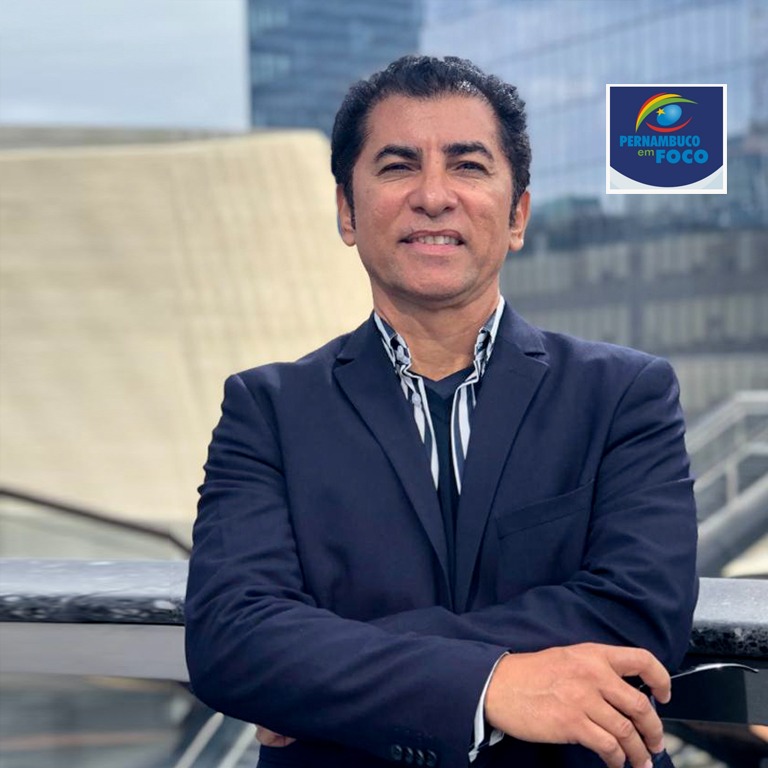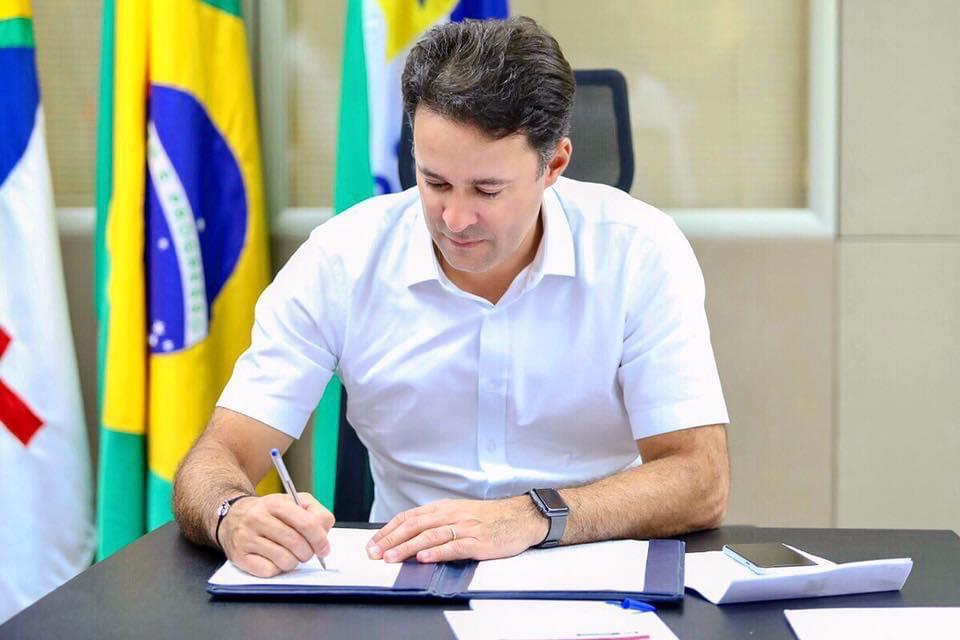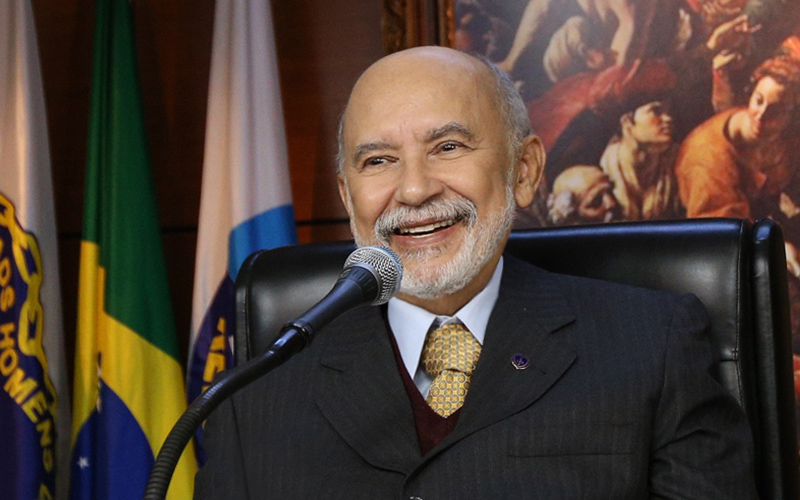Series: Corruption during the pandemic! Human lives, what does it matter? (episode 21)
Brazil, Brasilia-DF
I began this series of articles narrating fragments of the history of corruption under the perspective of Creationist Theory and, later, the Evolutionist Theory.
I recalled that according to astrophysicists, geophysicists, and astronomers from several important universities in the world, our universe/multiverse is about 13.7 billion years old.
We already know that there is an unattainable and unreachable History because no one can tell everything about past events, but also that there is a decipherable History because it is based on reliable narratives and evidence.
As this series nears its end, I return to the Theory of Evolution and its version of the creation of our planet and the emergence of Homo sapiens, our ancestors who discovered the energy of fire, and for 800,000 years learned to control it. Facts like these allow us to assess the technological leaps we have been taking, and say that they projected us from clay to artificial intelligence.
Looking back 200,000 years ago when humans appeared on the face of the Planet Earth, it seems like a very long time but compared to the 13.7 billion in which the Cosmos appeared, they become seconds. Even more significant is that we consider the duration of the biological age of human beings rarely exceeds 100 years and that not all of these are guaranteed to be lucid and healthy.
Thus, our biological existence is so fragile that, for dying is, we need only to be alive. At the same time, some are stillborn and others die young and at the height of their lives, making time a variable absolutely beyond our control.
It was in that period of 200,000 years that human beings, as we know them, emerged and slowly learned to make grunts, then to speak, and to communicate in countless ways.
For creationists, the breath of God was enough to turn clay into the imperfect perfection of what we are, while evolutionists are delighted by the first grunts, smoke signals, cave drawings, speech and fire, gunpowder and wheel, that shape human history.
Thinking about the power of the elements of human communication, evolutionary scientist Nicole Waguespack says that language has completely changed the relationship between all species on Planet Earth, and also says that speech made it possible for us to share information with each other. With it our ancestors had the pleasure of describing what they thought, felt, and of evaluating the environment in which they lived, allowing themselves the first reports about the past and predictions about the future.
What other creature has seized the power of language, communication, encoding, reading, and interpreting the codes of life’s secrets? Only us humans! But what value do we place on this? Do we use the power of communication to protect and develop ourselves, or do we use it more for personal benefit and the self-destruction of the race?
Thomas Hobbes says that in the fight for survival, man is man’s wolf. Is it wrong or the facts prove to be true what this evolutionist thinker says when he says that “the movement that consists of pleasure and disgust is a request or provocation to approach what pleases or to withdraw from what displeases, and that request is the inner effort or beginning of the animal movement”.
For Hobbes, the struggle for survival among animals, especially humans, is comparable to a marathon that begins with an initial effort called “desire”, the source of the impulse that moves us, and often continues without any love, because “love ” is the link that connects someone to someone else and that constitutes the shield that prevents devouring and being devoured.
In this marathon for survival, Hobbes, in his book Leviathan, says, “To be continually outclassed is misery, to continually outrun those ahead is happiness, and to abandon the race is to die.”
For these and other reflections, in the book “On the Citizen”, Hobbes says that “man is the wolf of man” and maintains that in Nature there is a “war of all against all”.
All of this says to express what you think about human beings, that is, that we are all bad, and we must continually fight to be ethical since evil prevails in us and in our social status as citizens. There is no good human being and the more he unites with others, the greater the chances of evil prevailing, crime increasing, and other evils rising.
Is Hobbes wrong, or do everyday facts prove that in these 200,000 years of human existence, each and every new generation worsens the score for solidarity and ethics in dealing with public affairs?
With this series of articles I intend to show that even in situations of shortage, corruption does not cease, politicians at all levels of government do not have compassion on the people, that is, on the Nation. Gasoline rises for no logical reason and drives price inflation, even for those that have nothing to do with gasoline, the basic food basket reaches two-thirds of the miserable minimum wage, chicken giblets that were thrown away are now luxury meat on the shelves of ambitious supermarkets owners; the bone that was once thrown away is now sought out and sold to the poor and miserable to change the taste of the thin soup they drink.
Meanwhile, members of the Executive, Legislative, and Judiciary Powers, who effectively command the Nation, continue to divert money and public income to themselves and their protected people.
Cases of corruption abound, while there is a lack of food, there is a lack of empathy and solidarity for the Nation, while the people fight in the streets and on social networks to defend unscrupulous, liar, and fallacious parties and politicians. NOTHING IS AS EASY AS MAKING PROMISES AND AS DIFFICULT AS FULFILLING THEM. Why people don’t remember this, I don’t know…
The pandemic officially began in October 2019. Since then, it has been possible to catalog numerous cases of corruption in the type of embezzlement of public money that should be used for the health of the population.
What to do in this scenario? “Yes, we can”, said, once upon Barack Obama. But, what specifically means, this “Yes, we can”, when related to corruption with public funds?
To be continued next Saturday. December 1st 2021, the last episode of this series.
If you want to understand in depth what corruption with public money is, the causes, consequences, if you want to learn how to profile the corrupt and know who and who are corruption’s allies, and, finally, what are the tools to fight it, purchase the “Encyclopedia Corruption in The World”, by www.judivanvieirabooks.com










